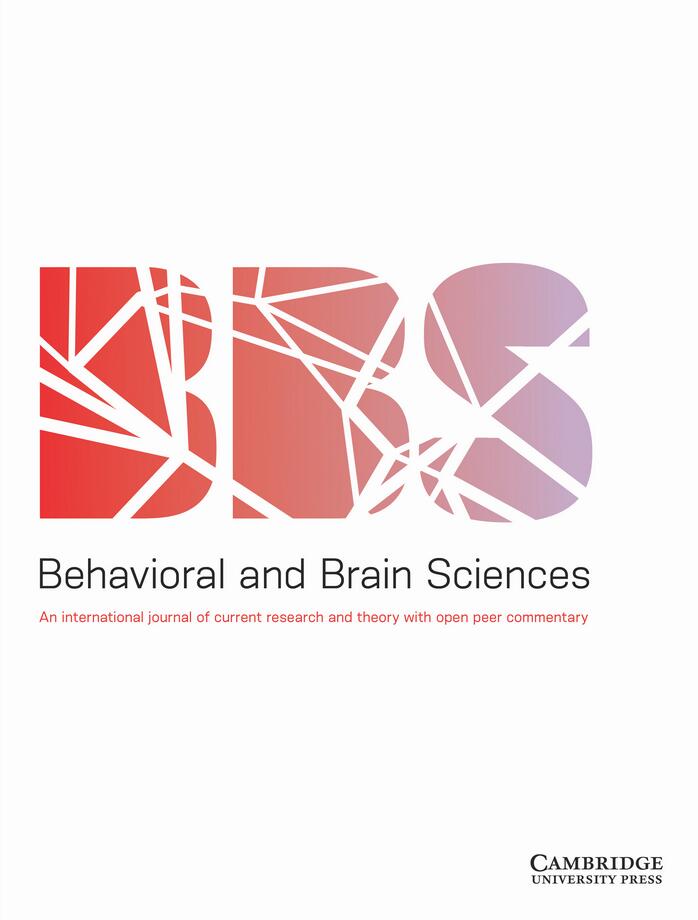规划,又如何?
IF 16.6
1区 心理学
Q1 BEHAVIORAL SCIENCES
引用次数: 0
摘要
深度元学习是当代人工智能研究取得进展的推动力,也是自然智能中一种有前途的灵活认知理论。我们同意 Binz 等人的观点,即元学习比经典模型更能解释许多所谓 "基于模型 "的行为。我们认为,这促使我们重新审视问题解决和目标导向规划的神经理论。本文章由计算机程序翻译,如有差异,请以英文原文为准。
Quo vadis, planning?
Deep meta-learning is the driving force behind advances in contemporary AI research, and a promising theory of flexible cognition in natural intelligence. We agree with Binz et al. that many supposedly "model-based" behaviours may be better explained by meta-learning than by classical models. We argue that this invites us to revisit our neural theories of problem solving and goal-directed planning.
求助全文
通过发布文献求助,成功后即可免费获取论文全文。
去求助
来源期刊

Behavioral and Brain Sciences
医学-行为科学
CiteScore
1.40
自引率
1.70%
发文量
353
期刊介绍:
Behavioral and Brain Sciences (BBS) is a highly respected journal that employs an innovative approach called Open Peer Commentary. This format allows for the publication of noteworthy and contentious research from various fields including psychology, neuroscience, behavioral biology, and cognitive science. Each article is accompanied by 20-40 commentaries from experts across these disciplines, as well as a response from the author themselves. This unique setup creates a captivating forum for the exchange of ideas, critical analysis, and the integration of research within the behavioral and brain sciences, spanning topics from molecular neurobiology and artificial intelligence to the philosophy of the mind.
 求助内容:
求助内容: 应助结果提醒方式:
应助结果提醒方式:


